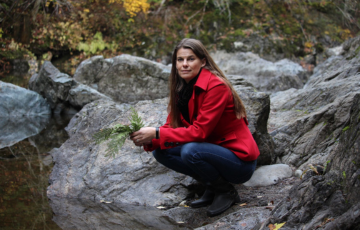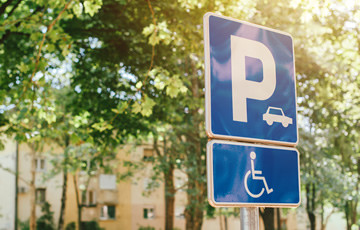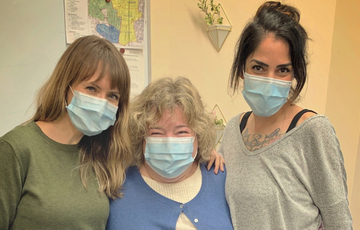A Boil Water Notice is a public announcement advising water system users that they should boil their tap water for drinking and other domestic purposes. It is intended to protect the publics’ health from waterborne infectious agents that could be present in the community’s drinking water supply.
Boiling water is recommended to destroy pathogenic microbes that may be present in the water. Boiling water for one minute rapidly destroys pathogenic microbes such as, Salmonella, Cryptosporidium, Hepatitis A and Norovirus.
The health risks associated with ingesting water that has not been boiled are hard to estimate. The Notice was issued because conditions exist that make it impossible to ensure the safety of the water without boiling it first. The risk could be low if no actual contamination occurred or very high if pathogens are present. However you can be confident that boiling your tap water for one minute is sufficient to destroy any pathogens that are present in the water.
It is important to note that Boil Water Notices are specific to microbiological threats. They are not appropriate to address threats from chemical contamination. Boiling chemically contaminated water will only result in the chemical becoming more concentrated or release the chemical into the air where it could be inhaled. In such cases a different kind of Notice would be used.
Yes. These people include any individual whose immune system is not fully developed or whose immune system is under stress. These people include infants, children less that two years of age, pregnant women, the elderly, immune compromised individuals and individuals already suffering from an illness. For more information go to the following:
Water can become contaminated in a variety of ways. Some of these include:
- Heavy rainfall washing contaminants into the water source
- Accidental spills in the water supply
- Breakdown of the disinfection/treatment process
- Break in water supply mains
- Vandalism
- Cross-connections within the water system between potable and non-potable piping
The most common reasons for boil water notices are high turbidity, microbiological contamination or inadequate disinfection.
Turbidity - In general terms the cloudier the water the higher the turbidity. It is an indirect measure of particulates in the water. Turbidity can result from clay, silt, organic matter, plankton and micro-organisms.
High turbidity can interfere with the disinfection of drinking water and be a source of disease-causing micro-organisms.
Guidelines for Canadian Drinking Watery- Turbidity
Microbiological Contamination
Microbiological contamination can include bacteria, viruses and protozoan parasites such as Giardia (beaver fever) and Cryptosporidium. Health effects from drinking contaminated water may include nausea, vomiting and diarrhea.
Inadequate Disinfection
Inadequate disinfection can occur when a breakdown in the disinfection/treatment process allows untreated water to enter the water distribution system.
For more information, visit What to do During a Boil Water Notice.
No. Water used for bathing, showering, laundry, toilet flushing and mopping of floors does not need to be boiled. During bathing, young children should be cautioned against swallowing bath water. As an alternative, young children could be sponge bathed.
Yes you should still boil your water. Home-style treatment units are not typically designed to destroy all pathogenic viruses, bacteria and protozoa. If the manufacturer cannot guarantee that the unit is safe to use you should boil your water.
There are many types of units on the market and each is designed to address specific water quality issues. It is recommended that you check with the unit’s manufacturer to know exactly what your unit can do.
It depends on how the water is treated. Vending machines that use local water would only be acceptable if the vending machine can kill pathogens that might be present in the water. Check with the store or manufacturer to see if the unit is capable of providing water that is safe to drink.
Warning signs should be posted on vending units that are not capable of providing safe water. Alternatively, the machine should be turned off.
Health Canada suggests that microwave ovens can be used to boil water using microwave-safe containers but cautions against forming superheated water. Superheated water is heated above the boiling point without the formation of steam and can result in burns to the hands and face. When using microwaves, Health Canada suggests inserting a glass rod, wooden or plastic spoon in the container to prevent forming superheated water.
Yes, but they are not possible or practical in all situations. For more information, visit What to do During a Boil Water Notice.
Yes, you and your family may continue to shower or bathe as long as no water is swallowed. Parents and caregivers may want to consider sponge bathing children or using a hand held shower head while not spraying the face in order to prevent the risk of children ingesting the water.



